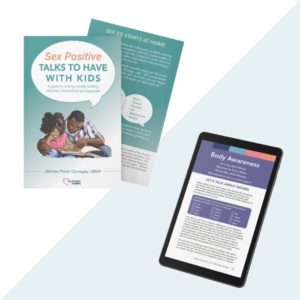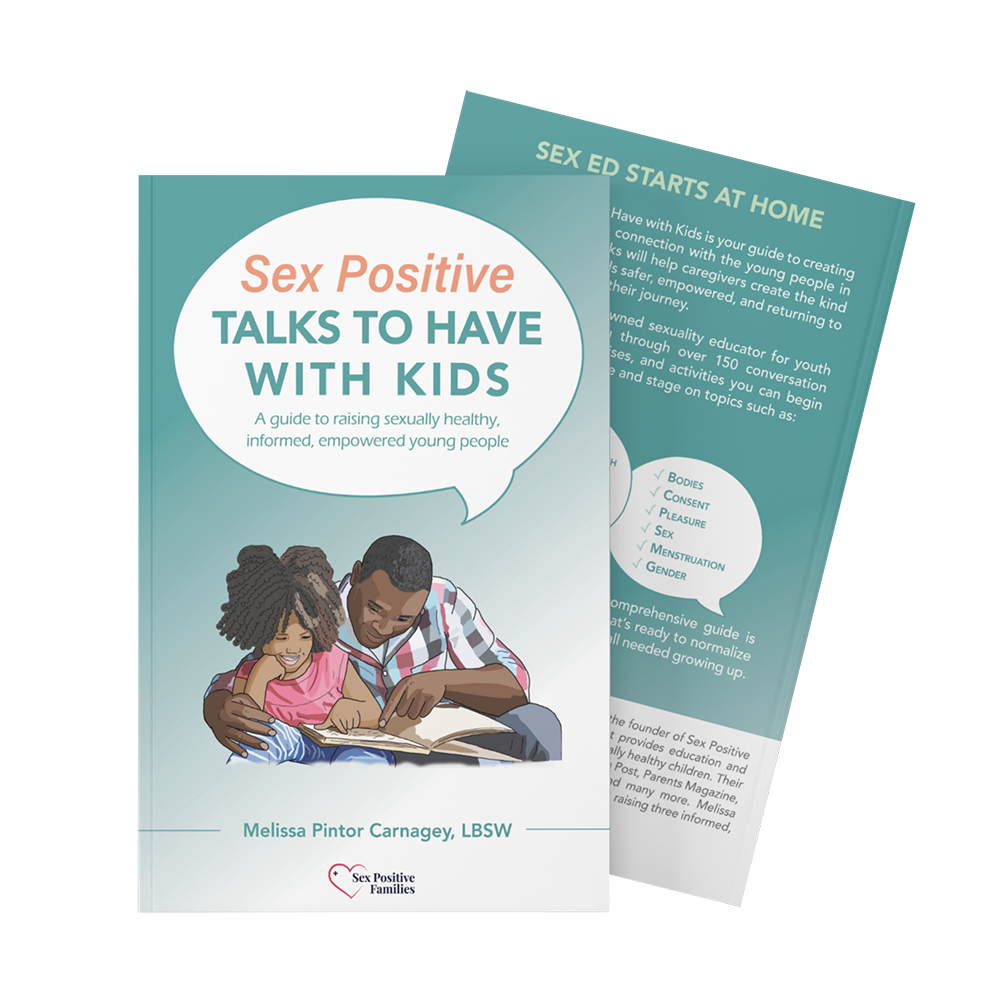– By: Melissa Pintor Carnagey, LBSW, CLC –
Our tweens and teens are snapping, tweeting, posting, liking and following at rates faster than we can execute a yawn! With accessibility at their fingertips, it begs us parents to stay aware of how much time our children spend using cell phones and electronic devices, which apps they use the most, and what content they post.
According to findings by the Pew Research Center, 71 percent of teens report using more than one social media site and half of teens surveyed stated they have used social networking sites to express romantic interest in someone. With teens being frequent users of multiple social media platforms, venturing into the abyss of the internet, it is more important than ever for parents to engage their children early and often about safe and responsible social media use.
Here are seven practical tips to help the communication with your young users stay supportive and open:
- Explore their motivations for social media use. Discuss the appeal of instant gratification and interpersonal connections. Talk to them about how it makes them feel when they receive likes, hearts, snaps, comments or friend requests. Listen to and observe their reactions, without quick judgment or criticism. Young people can differ in how much external validation influences their social media habits. Get to know your child’s unique motivations, and think through how you can explore healthy perspectives.
- Discuss their values, not just the ones that you as a parent have for them. People, including children, are more motivated when they feel in control of, and respected for, their own decisions and choices. Questions you can ask to engage them in this are: – What do you like most about (Snapchat, Twitter, Instagram, Facebook, YouTube, etc) -What types of things on social media get you really excited, happy, upset or sad? -Give three words that describe your posts on (Snapchat, Twitter, Instagram, Facebook, YouTube, etc). -Which type of posts/videos are your favorite and why? -What are you least proud of on social media and why? -What is something you cannot tolerate from a friend when it comes to social media? -Tell me the strangest moment you’ve ever had using social media. -What do you want more of in your life? -In what ways could you be more safe on social media? How can I better support you?
- Dispel the myth of ‘privacy’ when it comes to the internet. Be clear with them that nothing is private. Everything is archived and accessible, even when apps and chat groups advertise disappearing, hidden or private settings. Get them to think through whether what they say or post online is ever something they would wish to go public. What would they see as the consequences in any situation if it did? What other ways can they connect or express themselves that are safer and more trustworthy?
- Talk about limits to social media and online use both in the time they spend and in what content they can access. Evaluate together how much time they are spending connected to a device. Does this feel healthy or ideal for your child and family? What apps, websites or networks do they use? What do they value most out of the time they spend in each? If appropriate, think of how their access can be more balanced to incorporate other off-line activities within their day with friends, family or in hobbies on their own. Consider the appropriateness of the apps and content they are accessing. If you determine that manual settings, parental controls or monitoring apps need to be implemented, consider being honest with your child about this. Frame it truthfully as both a safety measure as well as something that can be adjusted as they demonstrate responsible decision making. This can motivate them to be more thoughtful about their own habits and choices.
- Move the consequences away from shame and fear if consequences are ever needed. When you frame expectations from a place of respect (respect for self, respect for others, respect for the family), the consequences that follow are often centered around cause and effect correlations. For example, you could say something like- “We talked before about you not watching your iPad past your bedtime. You’ve broken our agreement. Watching an iPad late cuts into the time your body and mind need to rest. I will have to keep the iPad with me each day starting at 9pm until you can demonstrate that you can respect this agreement and I can trust you with this.” And then follow through. Language like this, with non-shaming tones, focuses on the choices not the character of your child. It shows them that trust can be earned if they make different choices.
- Modeling is key. Our children are always watching and learning from us, even when we aren’t aware of it. How much time do you spend attached to a device or on social media? How can you be the change you want to see in this area? Ensuring you also are following your family’s values and expectations for balanced and safe use will keep your credibility high and will influence healthy habits.
- Utilize real-world scenarios or stories (not from fear but truth) that highlight what can happen when unsafe social media choices are made or boundaries are crossed online. Any opportunity you see can stimulate exploratory discussion. Asking questions that get them thinking about what went wrong, how could the situation have been avoided, has anything similar ever happened to someone they know, and what would they do if in the same circumstance? Reminding them of the supports and resources that exist in their life (especially if something were to go wrong), including their own capacity to make healthy decisions, can empower them to think twice as they navigate life on social media.
 For a guide made just for parents and caregivers to tackle sexual health talks at every age and stage, check out our bestselling book Sex Positive Talks to Have With Kids: A guide to raising sexually healthy, informed, empowered young people.
For a guide made just for parents and caregivers to tackle sexual health talks at every age and stage, check out our bestselling book Sex Positive Talks to Have With Kids: A guide to raising sexually healthy, informed, empowered young people.

Sex Positive Talks to Have With Kids is the bestselling guide to creating an open, shame-free connection with the young people in your world.
It’s an inclusive, medically accurate, and comprehensive resource that walks you through over 150 conversation starters, reflection exercises, and activities you can begin implementing at every age and stage to normalize sexual health talks and become the trusted adult we all needed growing up.
